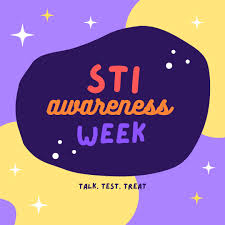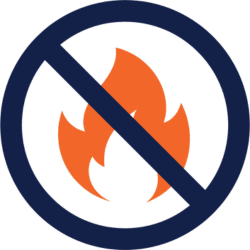Understanding Psittacosis: Essential Information for Bird Enthusiasts in Arizona
Psittacosis, colloquially known as “parrot fever,” is a zoonotic disease that primarily affects bird owners. This infection is caused by the bacterium Chlamydia psittaci, which is transmitted from birds to humans. Although it can sometimes result in severe pneumonia, most individuals experience mild symptoms like dry cough, fever, chills, headaches, and muscle aches.
Human infection typically occurs when inhaling dust from dried bird droppings or secretions. Handling birds or cleaning their cages can release these particles into the air. Less frequently, the disease can spread through mouth-to-beak contact or bird bites. To minimize the risk of contracting this infection, individuals should adhere to safety measures such as:
- Utilizing personal protective gear like facemasks, face shields, goggles, and gloves.
- Disinfecting bird bedding materials to prevent the bacteria from becoming airborne.
- Maintaining proper hand hygiene by washing hands thoroughly after handling birds or cleaning their environments.
Individuals who work in veterinary settings or own birds are at an increased risk of exposure. Those with compromised immune systems face a higher chance of developing severe symptoms. In Arizona, Chlamydia psittaci has been found among wild lovebirds and is commonly associated with pet birds such as parrots, lovebirds, parakeets, and cockatiels, as well as poultry like chickens, turkeys, and ducks. Birds kept outdoors are more susceptible to exposure from infected wild birds. A case of C. psittaci was recently confirmed in a breeding flock in Pima County that distributes birds throughout the state. If a newly acquired pet bird shows signs of illness, a veterinarian should be consulted to test for C. psittaci.
Advice for Current and Potential Bird Owners:
- Recognize the symptoms: Be aware of psittacosis symptoms and consult a healthcare provider if you experience illness after being around birds.
- Preventive practices: Always wash your hands after handling birds, their droppings, or their cages.
- Make informed purchases: Choose birds from reputable sellers who provide health guarantees and establish a relationship with a trusted avian veterinarian to ensure your bird’s health.
By staying informed and implementing these preventive strategies, bird owners can protect themselves, their families, and their pets from psittacosis. For further guidance on prevention, visit https://www.cdc.gov/psittacosis/prevention/index.html.
Read More Here







